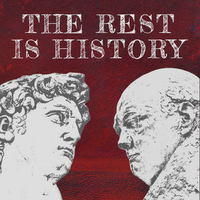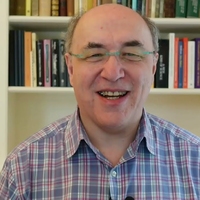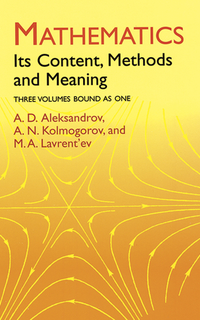Essayist, mathematical statistician, former option trader, risk analyst, and aphorist. Work concerns problems of randomness, probability, and uncertainty.
Recommendation: I've learned from father/grandfather that there is no greater pleasure in life than a free-flowing conversation with an erudite person: 1) @holland_tom is about the most erudite person I've met West of the Alps, 2) His podcasts feel like a conversation.

One of deepest conversation you may ever listen to, betw @trishankkarthik & S. Wolfram. Touches on computational irreducibility as determining free will, the structure of the universe... Covers w/o knowing: ship of Theseus, mind-body & rigid designators! www.youtube.com/watch?v=Y6tKBXblzxQ

Excellent post by @Balajis (rehabilitated himself). Contrary to perception, we are NOT sliding into bureaucratocontrolledtechnotyranny. The informational distortion of the net w/conspiracies makes us think we are being increasingly controlled while sliding into a vicious ANARCHY.









